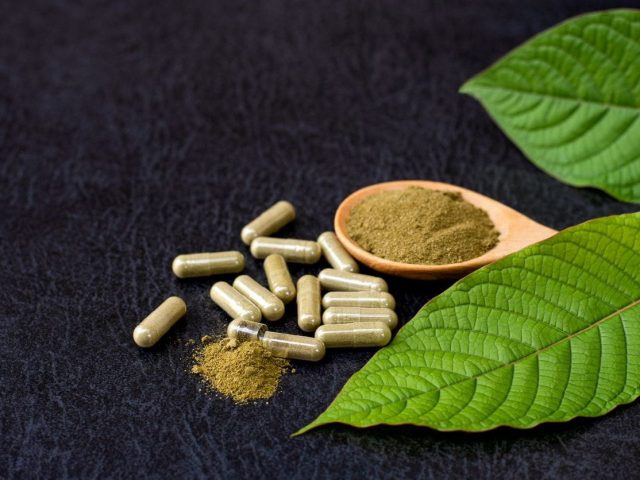
COLUMBUS, Ohio — On August 25, 2025, Ohio Governor Mike DeWine called on the Ohio Board of Pharmacy to designate all natural and synthetic kratom compounds as Schedule I illegal drugs, citing their significant public health risks and lack of approved medical use. The move, if approved, would make Ohio the first state to comprehensively ban both current and future kratom compounds.
Kratom, a Southeast Asian plant, is not approved by the U.S. Food and Drug Administration (FDA) for consumption or medical purposes but is widely marketed for its alleged benefits in treating chronic pain, opioid dependence, anxiety, and depression. Available in forms like powders, pills, gummies, and drinks, kratom products are sold online and in stores, often in packaging appealing to youth. Governor DeWine highlighted the dangers of synthetic kratom compounds, which mimic opioid effects and are highly addictive, potentially causing psychosis, seizures, insomnia, hallucinations, and even death.
“These modified kratom products are essentially legal, over-the-counter opiates that anyone, including kids, can buy with just a few bucks,” DeWine said. “There is no accepted medical use for kratom in Ohio, and it poses an imminent public health risk.”
Preliminary data from the Ohio Department of Health links kratom to over 200 unintentional overdose deaths in the state from 2019 to 2024. Nationally, poison control centers reported 1,690 kratom exposure cases in the first seven months of 2025, surpassing the total for all of 2024. The FDA has also noted cases of newborns suffering neonatal opioid withdrawal syndrome due to maternal kratom use.
DeWine’s proposal includes banning natural kratom compounds like mitragynine, 7-hydroxymitragynine (7-OH), and mitragynine pseudoindoxyl (MP), as well as all existing and future synthetic versions. The FDA recently recommended classifying 7-OH as an illegal drug under the Controlled Substances Act, aligning with DeWine’s push for a broader ban.
If the Ohio Board of Pharmacy approves the designation, all establishments in Ohio would be required to remove kratom products from their shelves. This decisive action aims to protect Ohioans, particularly vulnerable populations, from the growing dangers of kratom misuse.











